Refine listing
Actions for selected content:
2333 results in Cambridge Elements
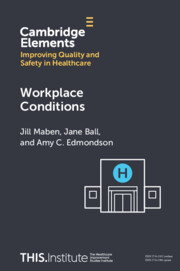
Workplace Conditions
-
- Published online:
- 11 January 2023
- Print publication:
- 02 February 2023
-
- Element
-
- You have access
- Open access
- HTML
- Export citation
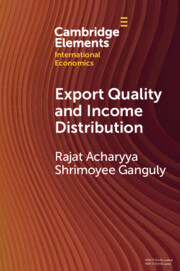
Export Quality and Income Distribution
-
- Published online:
- 10 January 2023
- Print publication:
- 09 February 2023
-
- Element
- Export citation
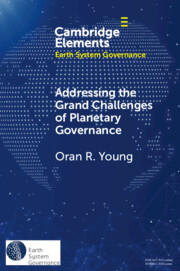
Addressing the Grand Challenges of Planetary Governance
- The Future of the Global Political Order
-
- Published online:
- 10 January 2023
- Print publication:
- 09 February 2023
-
- Element
- Export citation
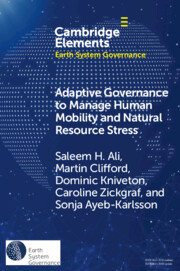
Adaptive Governance to Manage Human Mobility and Natural Resource Stress
-
- Published online:
- 10 January 2023
- Print publication:
- 09 February 2023
-
- Element
- Export citation
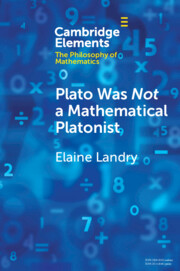
Plato Was Not a Mathematical Platonist
-
- Published online:
- 10 January 2023
- Print publication:
- 26 January 2023
-
- Element
-
- You have access
- Open access
- HTML
- Export citation
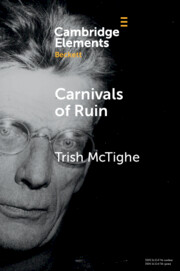
Carnivals of Ruin
- Beckett, Ireland, and the Festival Form
-
- Published online:
- 09 January 2023
- Print publication:
- 26 January 2023
-
- Element
- Export citation
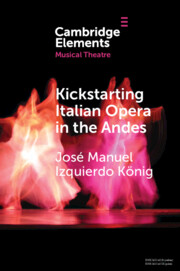
Kickstarting Italian Opera in the Andes
- The 1840s and the First Opera Companies
-
- Published online:
- 07 January 2023
- Print publication:
- 26 January 2023
-
- Element
- Export citation
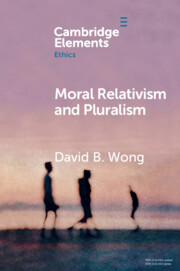
Moral Relativism and Pluralism
-
- Published online:
- 06 January 2023
- Print publication:
- 02 February 2023
-
- Element
- Export citation

From Radical Jesus People to Virtual Religion
- The Family International
-
- Published online:
- 06 January 2023
- Print publication:
- 09 February 2023
-
- Element
- Export citation
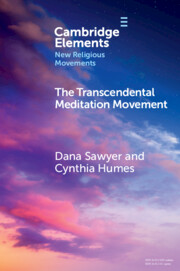
The Transcendental Meditation Movement
-
- Published online:
- 06 January 2023
- Print publication:
- 09 February 2023
-
- Element
- Export citation

EGFR-Directed Therapy in Lung Cancer
-
- Published online:
- 05 January 2023
- Print publication:
- 26 January 2023
-
- Element
- Export citation
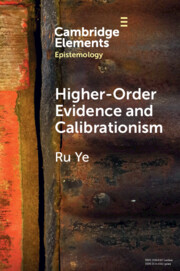
Higher-Order Evidence and Calibrationism
-
- Published online:
- 23 December 2022
- Print publication:
- 26 January 2023
-
- Element
- Export citation
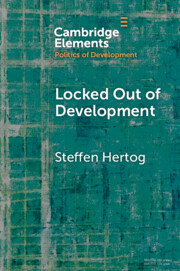
Locked Out of Development
- Insiders and Outsiders in Arab Capitalism
-
- Published online:
- 22 December 2022
- Print publication:
- 19 January 2023
-
- Element
- Export citation
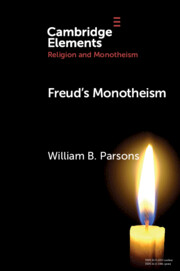
Freud's Monotheism
-
- Published online:
- 22 December 2022
- Print publication:
- 26 January 2023
-
- Element
- Export citation
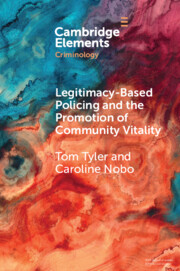
Legitimacy-Based Policing and the Promotion of Community Vitality
-
- Published online:
- 22 December 2022
- Print publication:
- 26 January 2023
-
- Element
-
- You have access
- Open access
- HTML
- Export citation
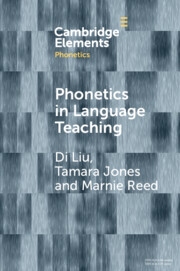
Phonetics in Language Teaching
-
- Published online:
- 19 December 2022
- Print publication:
- 19 January 2023
-
- Element
- Export citation
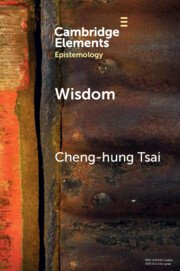
Wisdom
- A Skill Theory
-
- Published online:
- 19 December 2022
- Print publication:
- 19 January 2023
-
- Element
- Export citation
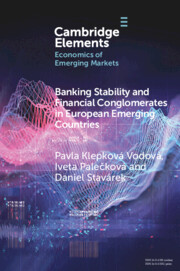
Banking Stability and Financial Conglomerates in European Emerging Countries
-
- Published online:
- 16 December 2022
- Print publication:
- 19 January 2023
-
- Element
- Export citation
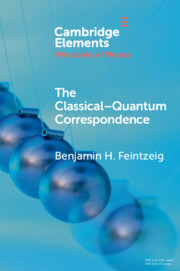
The Classical–Quantum Correspondence
-
- Published online:
- 16 December 2022
- Print publication:
- 19 January 2023
-
- Element
- Export citation

A Review of Blastozoan Echinoderm Respiratory Structures
-
- Published online:
- 16 December 2022
- Print publication:
- 26 January 2023
-
- Element
- Export citation
